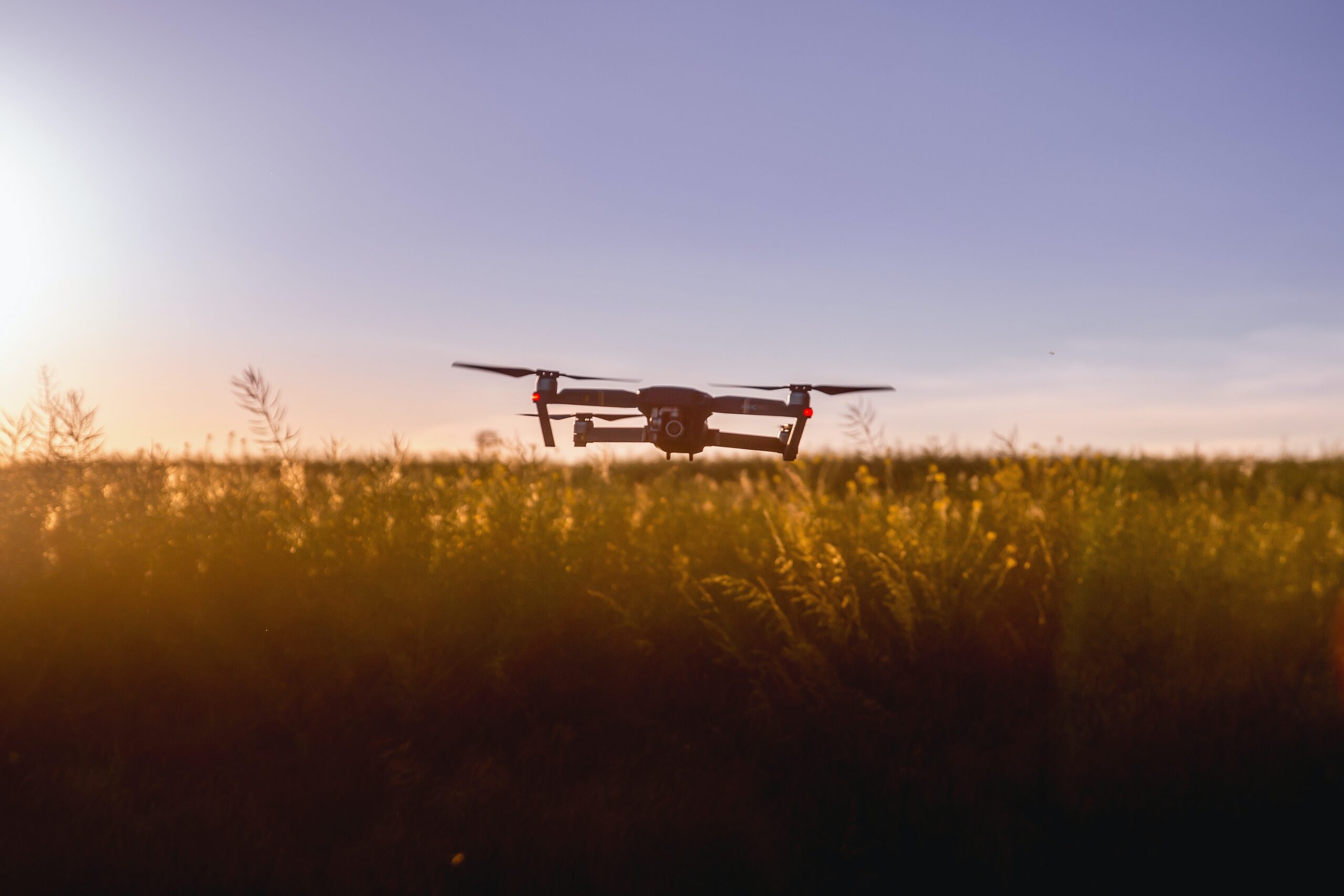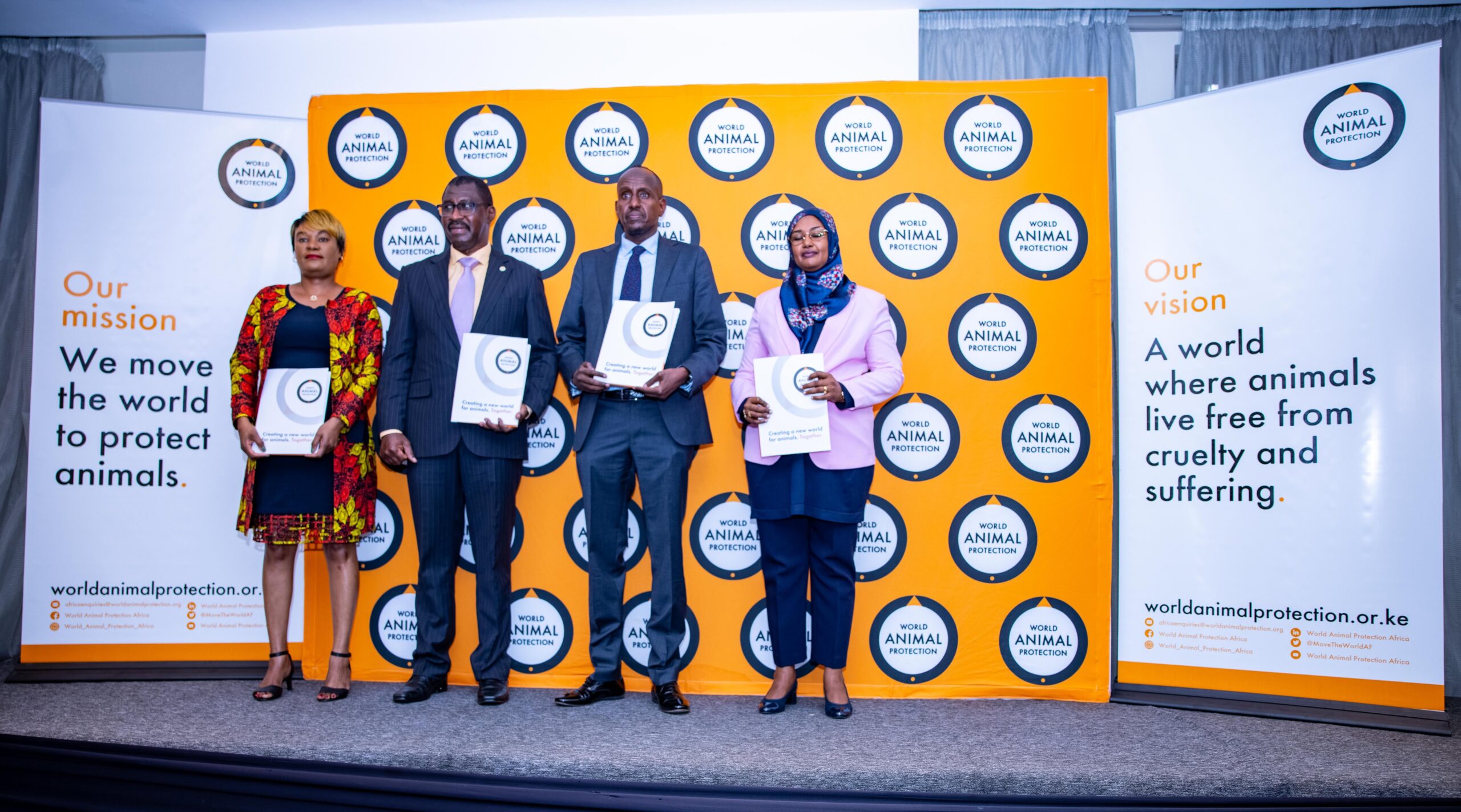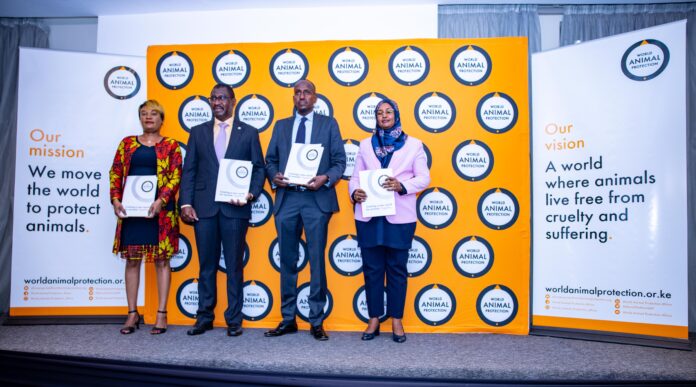By Lenah Bosibori
Nairobi, Kenya: Scientists have urged all African governments to invest in sustainable and modern technologies in agriculture to bring back the youth who have moved away.
Prof Catherine Kanyanga Department of Food Science, Nutrition and Technology University of Nairobi speaking during the pre Summit said that the youth in Kiambu County used to feed Nairobi with pork and chicken because it was a quick way of making income but have shifted due to high cost of feeding them.
“Currently, the youth and women in Kiambu County have moved away from poultry farming terming it unsustainable. In our baseline survey we found out that their poultry started dying due to diseases, lack of vaccination, and lack of finance to feed them,” said Kanyanga.
According to Kanyanga, Kenya imports 80 percent of the food we eat from Egypt and Israel. Studies have also shown that Kenya lost 2.5 million heads of livestock during the drought.
“We really need the government to invest because we are importing 80 percent of the food we are eating in Kenya yet we can not compare Kenya with places like Egypt and Israel, we are eating more food from outside because we are not sustainably producing it,” added Kanyanga.

Kanyanga added that Africa is experiencing an increase in non-communicable diseases like cancer due to the consumption of toxic pesticides that end up on the consumers’ plates.
“For us to be safe, we need to provide food that is safe and nutritious. When we produce food in an inhumane way, it ends up on our plates causing diseases,” said Kanyanga
She urged consumers to be cautious about the kind of food they choose to eat. “What we choose to eat has an impact on the environment, let’s eat food that has less or no impact on the environment to cut down the effects of climate change,” added Kanyanga.
She reiterates that farmers are adopting different modern technologies but lack financial support.
“Farmers are adopting modern technologies but lack financial support, as an institution, we have tried to link them to finance institutions where they can get some investments and funding to adopt some of the technologies,” adds Kanyanga.
She called upon farmers to bring back the neglected indigenous crops that they used to grow.
“As Africa, we have neglected growing indigenous crops that we used to grow, we need to move back to the indigenous crops we used to have for us to get safe and nutritious food,” added Kanyanga.
“Consumers are demanding other alternative proteins, they want black beans which are drought tolerant, pest and disease resistant because we are having a lot of toxic pesticides that get into the livestock and end up in our plates,” adds Kanyanga.
According to her, Africa should Increase investment in agriculture, and invest in modern technologies that can really assure sustainable agriculture.
“Support youth in agriculture and food security. We have a lot of untapped resources in the youth but they don’t have a chance to really come out and speak in terms of approaches that are modern,” reiterates Kanyanga.
Dr Victor Yamo insisted on the importance of animal freedoms that are supposed to be adhered to as enshrined in the Kenyan constitution.
“An animal must be well fed and be fed with the right food, if we don’t do it, it creates certain problems.
“Maize that is bad and has microtoxion fungus that will end up in our plates causing non-communicable diseases like cancer,” said Yamo.

Speaking during the side event in the just concluded Africa Climate Summit in Nairobi, Dr. George Wamukoya team leader of Africa Group of Negotiators Experts Support (AGNES) said that livestock is very important for the African communities and ecosystems.
“When our partners were proposing that one of the quickest solutions to address emissions was to reduce the livestock numbers, Africa stood out and said no. But how long can we sustain that argument? We need evidence and that’s why we have had to engage and work with the International Livestock Research Institute (ILRI) and come up with the Africa Livestock Narrative that will help us to defend the position we have on livestock in the negotiations, especially at COP28,” added Wamukoya.
He added that Africa needs to prioritize investment in livestock in a manner that can unlock additional resources into the sector for the benefit of the youth and the women in rural areas.














